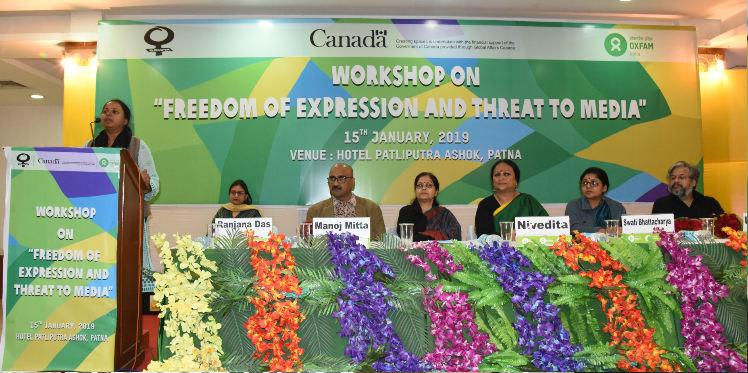
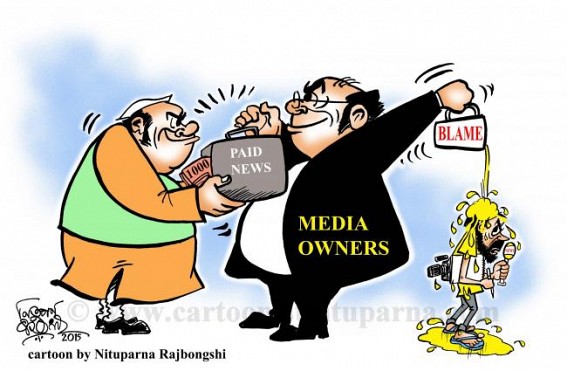
Deur Murray La Vita
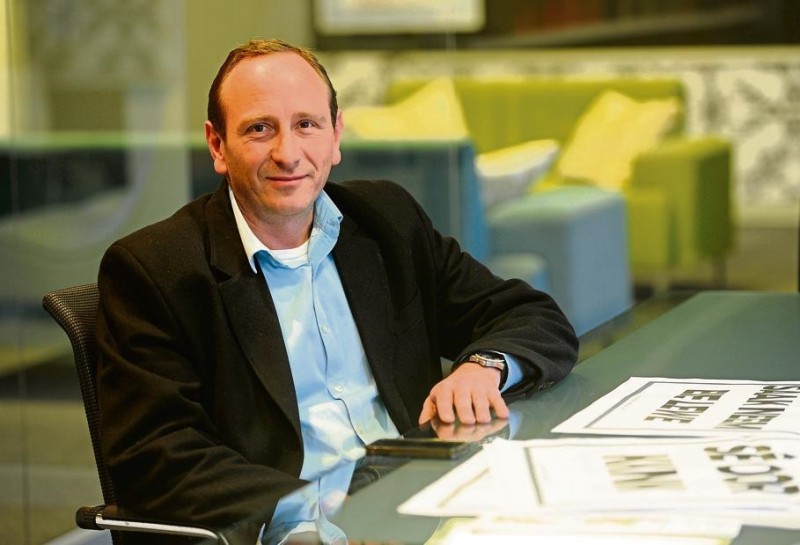
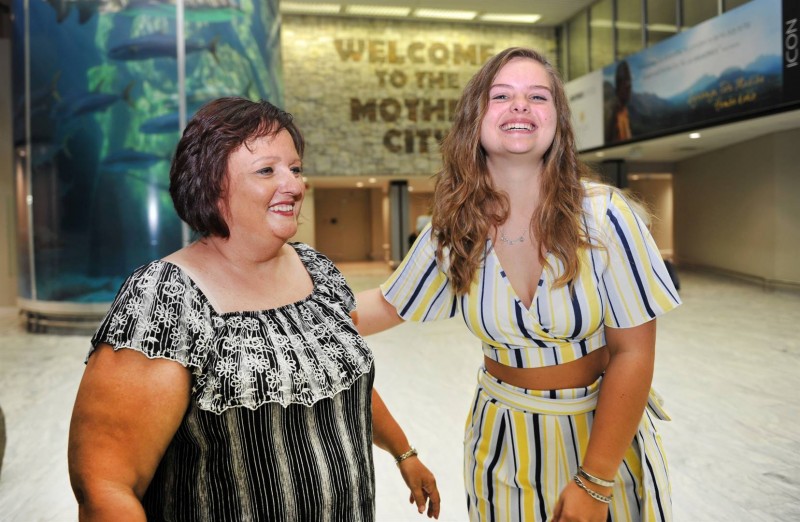
Naspers shareholders launch organisation for investigative journalism
2019-02-28 20:00News24 correspondent
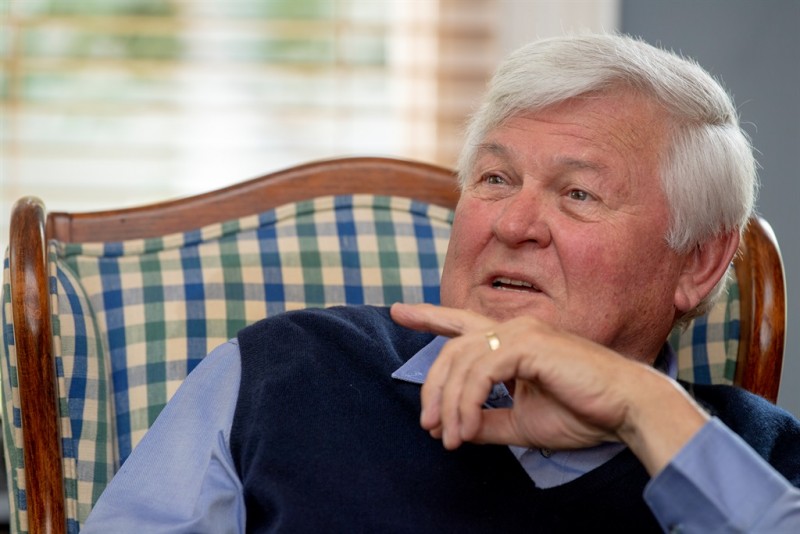
Investigative journalism is one of the cornerstones of our democracy, but is often hampered by a lack of funding, former Naspers chairperson Ton Vosloo said at the announcement of a non-profit organisation for investigative journalism within Media24.
During a conversation at the Centre for Student Communities at Stellenbosch University, Vosloo said the organisation, called Truth First, had been established to help the country's best investigative journalists continue their work.
He and his wife Anet have already made a R3.5m donation to establish it.
They have appealed to Naspers shareholders and concerned South Africans to contribute to Truth First to help responsibly fund investigative journalism.
"Journalism of this kind can take months and happens outside the daily news agenda. It is expensive but similarly important that we keep up with this work to sustain our threatened democracy.
"The aims of Truth First are, among other things, to encourage quality investigative journalism in the public interest and to promote an honest, free media that exposes transgressions. It must also contribute to a sense of empowerment by enabling South Africans to hold public institutions accountable.
"In basically my entire adult life as a journalist, I learnt through experience that the cornerstone of democracy in South Africa is a free, independent media," Vosloo said.
"During recent years, it has been proven over and over, with brave and responsible investigative journalism that led to the large-scale exposure of corruption and maladministration across a wide spectrum. It is a gift of grace that I'm in the position to contribute to the establishment of Truth First. May it strengthen our journalism to successfully continue its life sustaining work in new, difficult circumstances."
Journalists working for Media24 will be able to pitch investigative projects that require additional resources to a committee made up of the directors of Truth First. All applications will have to adhere to funding rules.
In addition to the Vosloo couple, the other directors are: Joe Thloloe, former press ombudsman; Charlene Beukes, general manager: News and Lifestyle at 24.com; Adriaan Basson, editor-in-chief of News24; Mondli Makhanya, editor-in-chief of City Press; Henriëtte Loubser, editor-in-chief of Netwerk24; and Oloff Sieberhagen, a lawyer at Marais Müller Hendricks Attorneys.
Thloloe applauded Naspers shareholders for the initiative to give back to journalism and said it was a very innovative way to raise funds for investigative journalism.
"Investigative journalism is really threatened due to publications losing money and cutting costs."
According to Thloloe, it is often one of the first forms of journalism that is cut, because it takes time and money and removes journalists from the stream of daily news.
"Anyone that appreciates investigative work will want to support this project. The country is where it currently is thanks to those that exposed apartheid and the endemic corruption that we are seeing now. They are the ones that are keeping us informed."
"The biggest gift of a free media is that the public can have peace of mind that they will know the truth," Anet Vosloo said.
"That is the confidence that we want to engender with Truth First: to know that Media24 goes out of its way to make sure readers are part of an honest and sincere inner circle who hears the full story."
Anyone who wants more information about Truth First or wants to make a donation can send an email to This email address is being protected from spambots. You need JavaScript enabled to view it..
* News24 is a publication of Media24, an affiliate of Naspers.












Comments
My website is in the very same niche as yours and my visitors would truly benefit from a lot
of the information you present here. Please let
me know if this ok with you. Thank you!
My web page - site: http://Www.Toprp.pl/